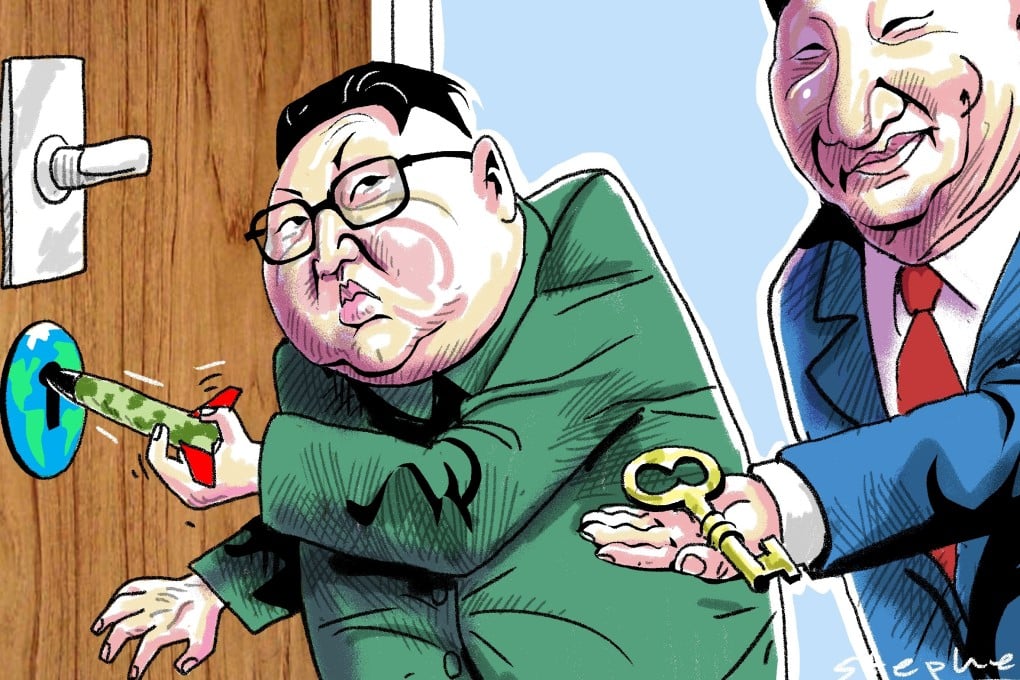Opinion | Only Xi Jinping can help Kim Jong-un unlock a bright economic future for a denuclearised North Korea
- Given the Chinese president’s personal history and China’s pivotal role in North Korea’s economy, Xi is well placed to convince Kim that economic reform is his best option. A US$300 billion fund, financed mostly by China, could get the ball rolling

A prosperous, denuclearised North Korea, integrated with the world economy and ensured of spectacular economic growth would benefit all stakeholder nations, including the US. Survival of the regime – preventing the collapse of the North Korean state and resultant regional catastrophe – is consistent with the security interests of all members of the six-party talks: North Korea, South Korea, Japan, Russia, the US and, especially, China.
Kim is now faced with a choice: enact system reform and open up the economy, following in China’s footsteps, or watch his country dissolve into economic chaos and social instability, thus bringing on his own demise.
At this juncture, only North Korea’s closest ally is capable of providing Kim with the key to embracing economic reform without nuclear weapons, ensuring a bright future for the region for generations to come.
Chinese President Xi Jinping is exceptionally equipped to lead and facilitate North Korea’s transition from a closed, centralised system to an open, market-oriented economy because, unlike other world leaders, he understands the unique situation in which Kim now finds himself.
